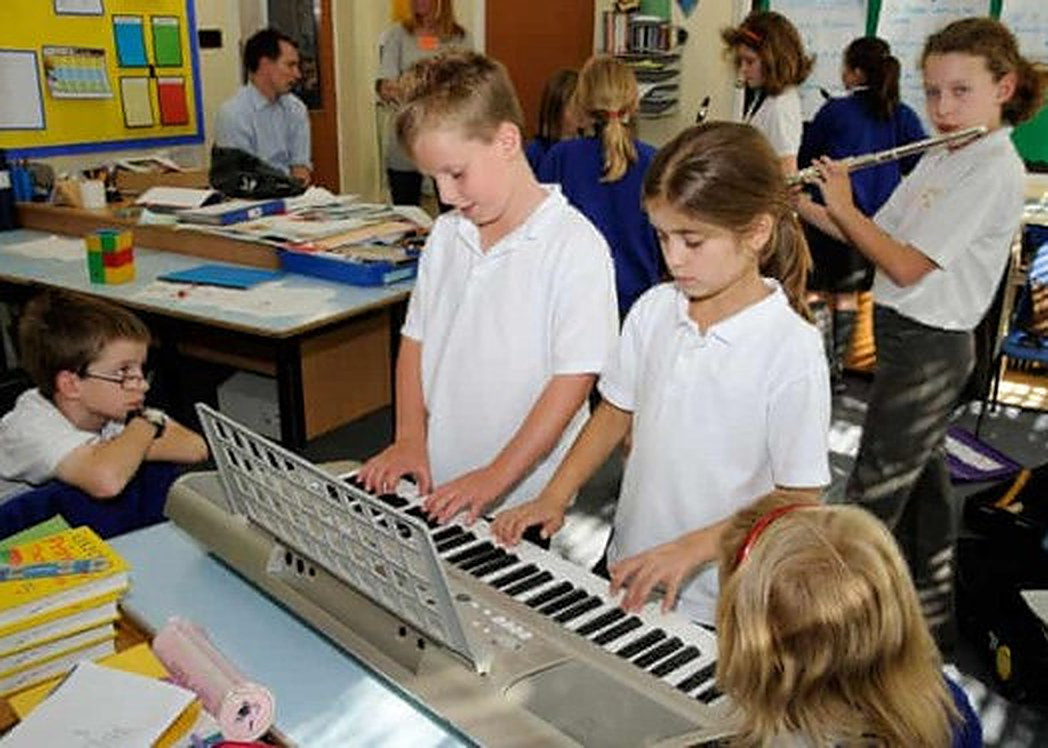With the advancement of edutech as well as the emergence of numerous homework help and paper writing services that allow students to write my term papers by hiring professional writers, there has also been a surge in language learning apps. And while these are excellent tools to develop the knowledge of any language at practically any age, nothing beats music.
Music helps in language development, especially in children between the ages of two and nine. It enhances their natural ability to decode words and sounds, which goes a long way in enabling children to grasp language.
Research has shown the impact of music education on language development by observing the brain. Findings indicate that music develops the left part of the brain, which is associated with language processing.
Music also enables language development by connecting known songs to recent information. In turn, this imprints new words and phrases into the minds of young language learners.
Music Improves Memory
Music education calls for a lot of memorization. Learners must read music by viewing, play the right notes on their musical instruments, and remember all the words from various songs. This exercise is beneficial to the memory function of your brain. A recent study revealed that music students perform better than non-music learners in visual, auditory, and memory exercises.
Songs are easily stored in our memories. It is why it’s common to find a song ringing in your head over and over again. Considering this, you can see why we can use music to help us remember things. For example, you can use a tune that’s stuck on your head to memorize information and say out what you’ve grasped loudly.
Music Helps Students Connect
Over time, we’ve learned that people across ages bond when they listen and enjoy music together. Initiating a random music session can help people socialize while creating memories at the same time. If you would like to connect with music pros for consultation and assistance with your assignments, you can always visit grademiners.com. It’s a great place to make connections with music experts.
Music Teaches Discipline
Music education goes a long way in cultivating discipline in learners. When students want to learn how to play musical instruments, they will have to plan their practice sessions and stick to them. Besides, they will have to conjure the discipline to practice until they are good enough to play as professionals.
Music Offers Stress Relief
Students struggling with various issues get an opportunity to express themselves through music. It provides a medium for them to relay their emotions and air their problems. With time, music encourages them to get over their stresses and enjoy school.
If you feel stressed by assignments in music school, consider getting help from an essay helper on a reputable online academic help service. These platforms have tons of music experts ready to help you whenever you feel overwhelmed by schoolwork.
You can check out some of the best essay services on laweekly.com.
Music Fosters Proactiveness
Musich students are known to be proactive compared to their peers. This subject delivers a wholesome learning experience. Apart from making you smarter, it stimulates your senses and develops your abilities to modify things on the go. This proactivity goes a long way in helping you lead a better life in college.
Final Words
These are some of the many reasons students should be encouraged to take music classes in school. As schools and curriculums shift emphasis away from creative subjects such as music, these points should be a basis for reconsidering this stance. If you have some comments on this topic, feel free to share them below.












